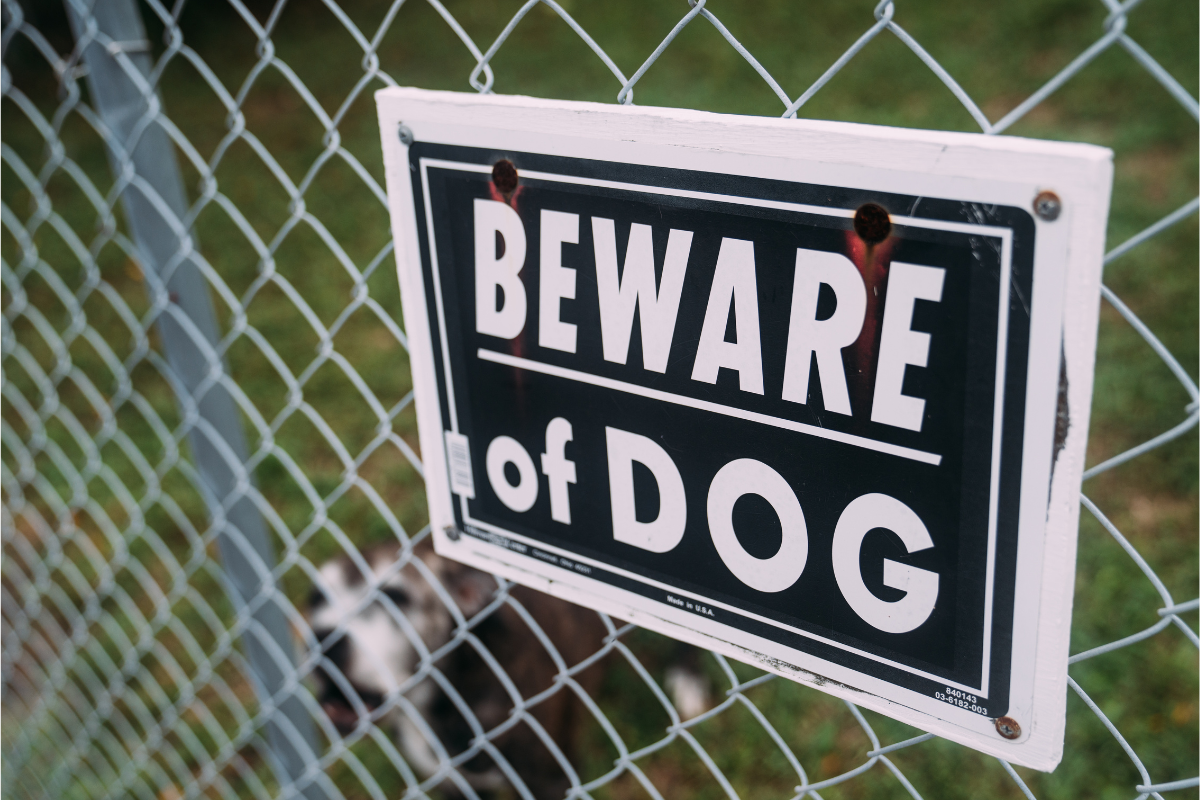In September of 2021, Texas made some drastic and somewhat controversial changes to its prostitution laws in an effort to combat human trafficking. Texas law no longer classifies solicitation of prostitution as a Class B misdemeanor. Now, solicitation is classified as a state jail felony— making Texas the only state to classify solicitation as a felony.
How is Prostitution Charged in Texas?
In Texas, prostitution is a crime. The Texas Penal Code states that a person commits prostitution “if the person knowingly offers or agrees to receive a fee from another to engage in sexual conduct.” Soliciting, promoting, and compelling prostitution are also crimes under Texas law.
Soliciting Prostitution
When a person solicits another person in a public space for sexual conduct, they can be charged with the crime of soliciting prostitution. It’s important to note that the person doesn’t have to actually follow through with the act for it to be a crime. Simply displaying behavior that shows the intent to commit the offense is enough for an officer to make an arrest.
Promoting Prostitution
Promoting prostitution, also known as pimping or pandering, is also a crime. The promotion of prostitution occurs when one person solicits another to engage in sexual contact with a third party. It can also occur when a person receives money or other proceeds from an agreement to participate in the proceeds from prostitution.
Compelling Prostitution
Compelling prostitution is a serious crime in which a person knowingly causes a child under the age of 18 to commit prostitution. A person can be charged with compelling prostitution regardless of whether or not they knew the age of the child.
How Were Prostitution Charges Classified Before the Law Change?
Before the laws around prostitution were changed in 2021, prostitution charges were generally classified as follows:
- Class B misdemeanor:
- The first offense of prostitution or solicitation, as long as no aggravating factors were present
- Class A misdemeanor:
- A second or third offense for prostitution or solicitation
- Promoting prostitution (aka pimping or pandering)
- State jail felony:
- Fourth offense or more for prostitution or solicitation
- Repeat offenses of promoting prostitution
- Third-degree felony:
- Owning, financing, controlling, or managing a prostitution enterprise with two or more prostitutes
- Second-degree felony:
- Soliciting a person younger than 18 (whether or not the perpetrator knew at the time)
- Soliciting a person the perpetrator believed was younger than 18
- Pimping the services of a person younger than 18
- Compelling a person younger than 18 to commit prostitution
- First-degree felony:
- Owning, financing, controlling, or managing a prostitution enterprise with two or more prostitutes where at least one is younger than 18
- Compelling a person younger than 18 to commit prostitution and may also be charged with another offense
How Are Prostitution Charges Currently Classified?
The changes made in 2021 to the laws around prostitution have put much harsher penalties onto charges of solicitation and pimping. The most notable change is that while the penalties for prostitution remain the same, the penalties for solicitation have changed from a Class B misdemeanor to a state jail felony. Currently, prostitution charges are classified as follows:
- Class B misdemeanor:
- First offense for prostitution, as long as no aggravating factors are present
- Class A misdemeanor:
- Second or third offense for prostitution
- State jail felony:
- Fourth offense or more for prostitution
- First offense for solicitation
- Third-degree felony:
- A second offense or more for solicitation
- Promoting prostitution (pimping)
- Second-degree felony:
- Soliciting a person younger than 18 (whether or not the perpetrator knew at the time)
- Soliciting a person the perpetrator believed was younger than 18
- Second offense or more of promotion of prostitution
- First-degree felony:
- Pimping the services of a person younger than 18
- Owning, financing, controlling, or managing a prostitution enterprise with two or more prostitutes
- Compelling a person younger than 18 to commit prostitution
- In a public place: If it is proven in court that the offense took place in a public space, then the punishment for the conviction is increased to the next highest category of offense. A public place is defined as:
- On the premises or within 1,000 feet of a school
- On premises or within 1,000 feet from a premises where an official school function was taking place
Protecting Children from Prostitution
Those who view the classification of prostitution charges may notice a general trend in the severity of charges when children are involved. Texas aims to protect children from being used or coerced into prostitution, so Texas law places much harsher consequences on charges of prostitution involving individuals under the age of 18.
For example, a first offense for solicitation would be classified as a state jail felony— unless the person being solicited was under 18. In that case, the solicitation charge is elevated to a second-degree felony. In addition, individuals charged with first-degree felonies, such as compelling prostitution, may receive more severe punishments, such as a sentence of life in jail.
Sentences and Penalties
The following is a list of the sentences and penalties that generally come with charges ranging from a Class B misdemeanor to a first-degree felony:
- Class B misdemeanor: Up to 180 days in jail, a fine of up to $2,000
- Class A misdemeanor: Up to one year in jail, a fine of up to $4,000
- State jail felony: 6 months to 2 years in a state jail facility, a fine of up to $10,000
- Third-degree felony: Up to 10 years in prison, a fine of up to $10,000
- Second-degree felony: 2 to 20 years in prison, a fine of up to $10,000
- First-degree felony: 5 years to life in prison, a fine of up to $10,000
Why Did Texas Change its Prostitution Laws?
Texas lawmakers decided to change the prostitution laws in an effort to crack down on sex trafficking. The Office of the Attorney General of Texas reported that in 2020 alone, 1.6 million online commercial sex advertisements were posted in Texas, with over 220,000 of them believed to have involved children. The state aims to curb sex trafficking by imposing harsher penalties on those who solicit and promote the act of prostitution.
Attorney General Ken Paxton said, “Texas is the first in the country to punish sex buyers with felonies, which is a substantial step towards curbing the demand for commercial sex. Human trafficking is modern-day slavery – targeting vulnerable men, women and children in our communities. I commend our legislature for passing laws that fight this inexcusable offense.”
What Defenses Can Be Made Against Prostitution Charges?
While the motivations behind the changes to the law are admirable, the harsher penalties make even a first offense for solicitation a felony, a charge that comes with some serious consequences. When dealing with consequences like jail time and thousands of dollars in fines, you’re going to want an attorney with knowledge, experience, and confidence.
An attorney can help you defend yourself against solicitation charges by helping you prove the following:
- Entrapment. Sting operations where police work undercover to catch people in the act of breaking the law are very common. If you were encouraged or coerced by an undercover officer to solicit a prostitute when you normally wouldn’t, you could use entrapment as a defense. You could also use entrapment as a defense if you were an innocent bystander caught up in a sting operation.
- Insufficient probable cause. To make an arrest legal, an officer must have sufficient probable cause. If an officer is unable to demonstrate that you planned on soliciting prostitution before the arrest was made, you may be able to use insufficient probable cause as a defense.
- No compensation exchange. If there was no agreement to exchange any form of compensation for sexual acts, then the sexual encounter is legal and the solicitation charges are not valid.
- Intoxication. Your attorney could help you prove that you were intoxicated at the time the solicitation occurred.
- Age. If you were a minor when the solicitation occurred, you could use your age as a defense.
Do I Need an Attorney if I Have a Prostitution Charge?
If you’re facing prostitution charges, it’s in your best interest to hire an attorney to defend you. The justice system is a powerful system; when it’s against you, you’re going to want someone on your side with the right legal knowledge and experience to ensure justice is served. The right criminal defense lawyer will make sure your voice is heard and walk with you every step of the way.
The Carlson Law Firm Can Help
At The Carlson Law Firm, we understand that being arrested or charged with a criminal offense is often a scary, stressful situation that can have long-term effects on your life. We’re here to listen to you and advocate for you. Our caring and compassionate criminal defense lawyers have the knowledge and experience to help you get the best resolution possible. We care. We can help.




